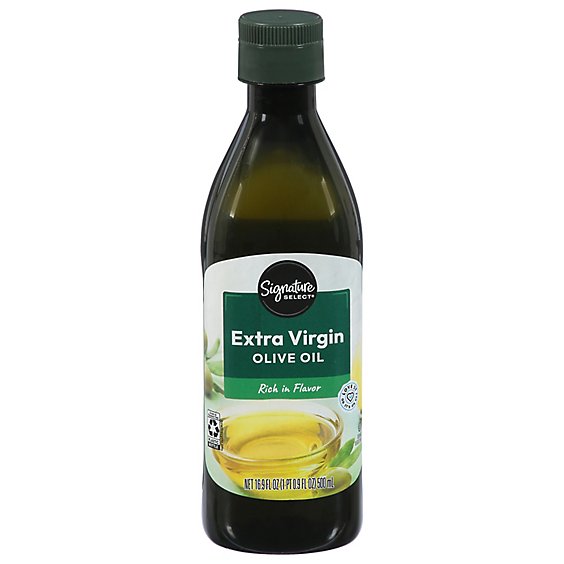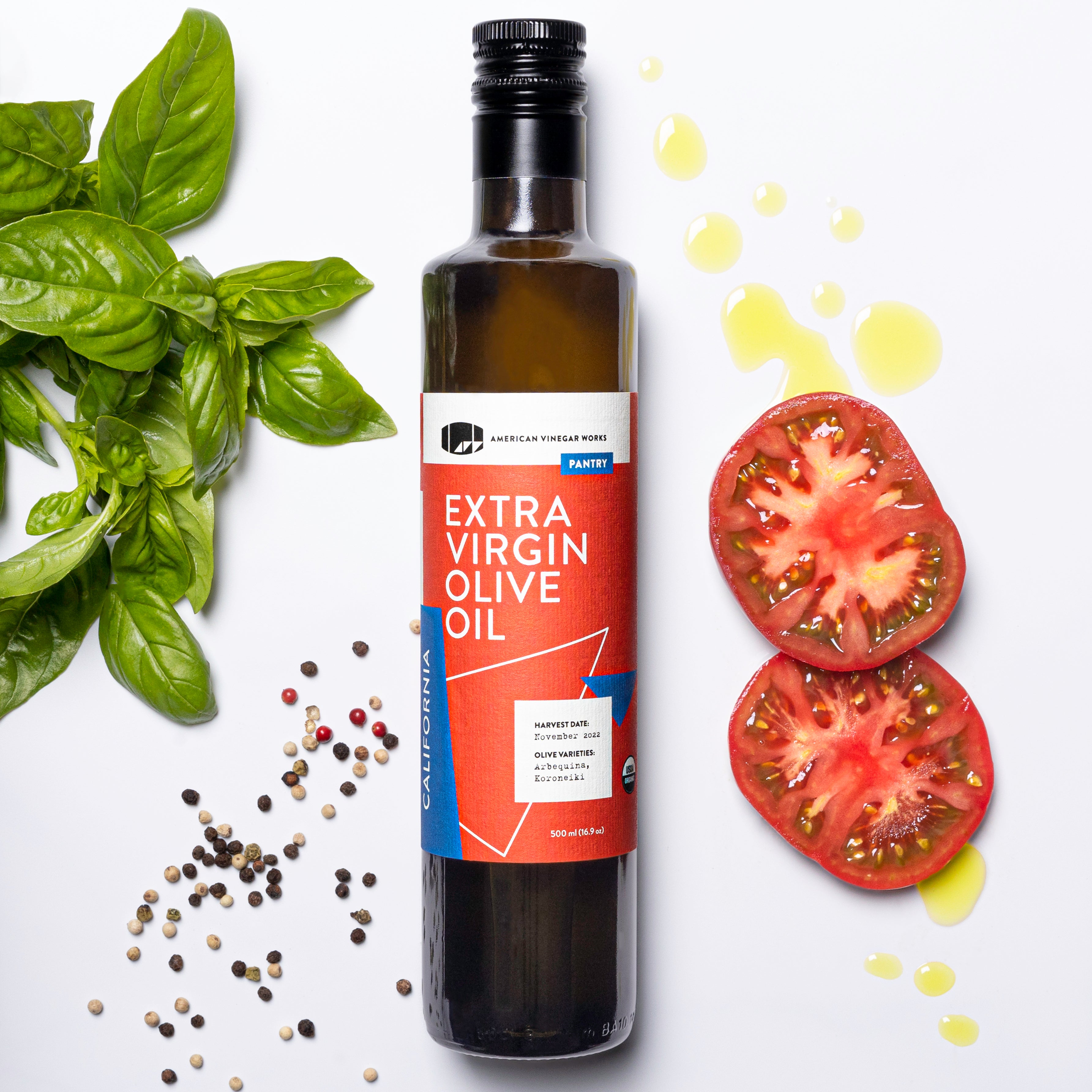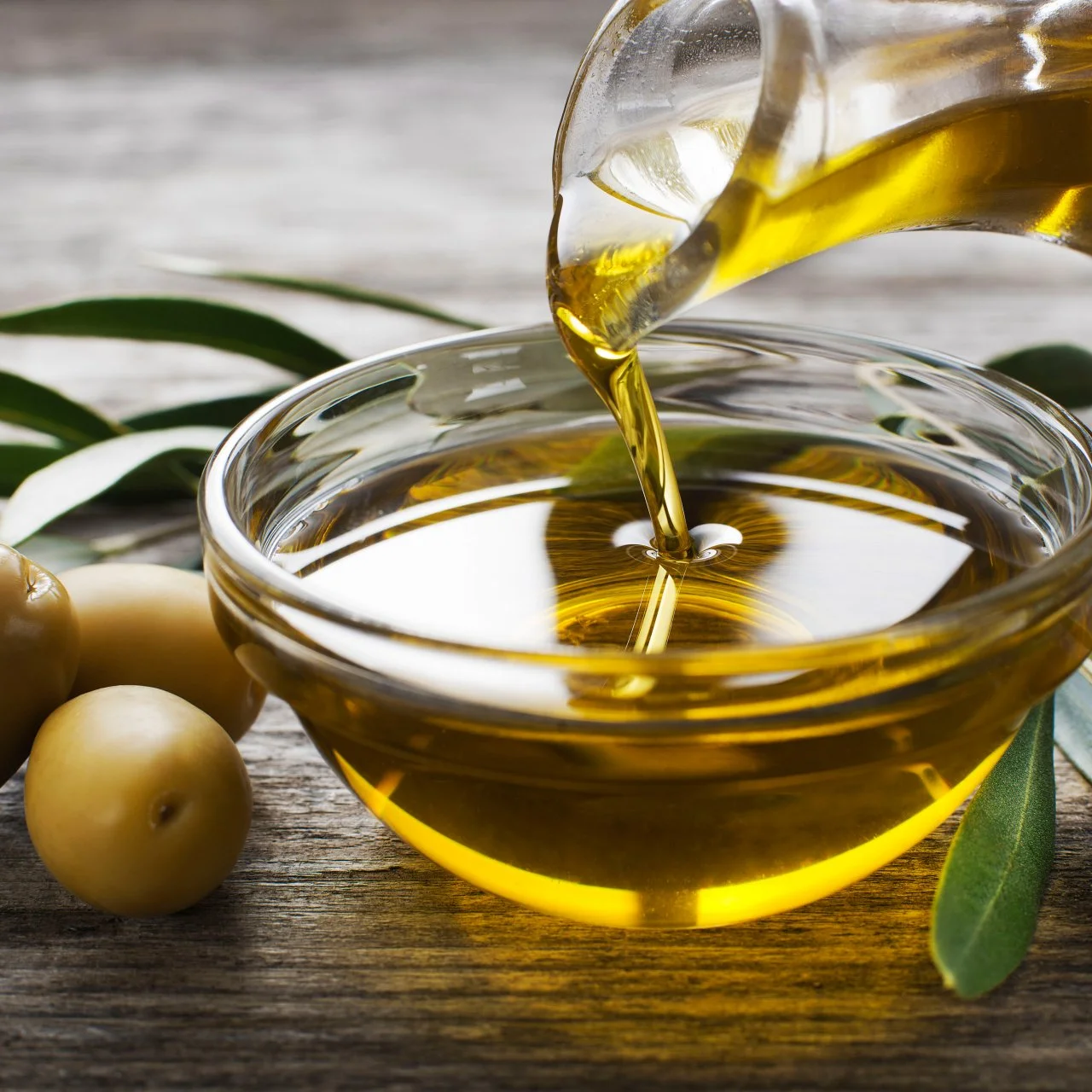Discovering the Various Kinds of Olive Oil and Their Usages, Consisting Of Additional Virgin Olive Oil
The expedition of olive oil incorporates a varied variety of kinds, each offering distinctive flavors and culinary applications. Extra virgin olive oil, renowned for its superior high quality and health and wellness advantages, functions as a staple in many kitchen areas, yet it is just one element of this diverse ingredient. extra virgin olive oil benefits. Other varieties, such as pure and refined olive oils, likewise call for attention for their unique properties and usages. Comprehending these differences can dramatically affect both cooking strategies and taste profiles. What, after that, should one take into consideration when choosing the best olive oil for a particular culinary venture?
What Is Olive Oil?
Originated from the fruit of the olive tree, olive oil is a staple in Mediterranean cuisine and a key component in various culinary applications. This functional oil is generated by pressing entire olives, leading to a liquid that differs in shade, flavor, and fragrance depending upon the sort of olives used, the region of growing, and the extraction procedure. Olive oil is predominantly made up of monounsaturated fats, specifically oleic acid, which is understood for its potential wellness advantages, consisting of anti-inflammatory buildings and cardio assistance.
Along with its cooking usages, olive oil has a lengthy history of application in standard medication and skin care, owing to its rich antioxidant material (extra virgin olive oil benefits). The oil is frequently made use of in dressings, sauces, and for cooking techniques such as sautéing and roasting. Its distinctive taste account can improve the taste of various dishes, making it a vital component for both home chefs and expert cooks
Additionally, olive oil is celebrated for its role in the Mediterranean diet regimen, which is connected with many health and wellness benefits. As awareness of these advantages grows, olive oil remains to acquire appeal worldwide as an essential component of a healthy and balanced way of living.
Kinds Of Olive Oil
Understanding the different kinds of olive oil is crucial for both cooking enthusiasts and health-conscious consumers. Olive oil is identified mostly based upon its removal technique and quality, which substantially impacts its flavor, wellness, and fragrance advantages.

Light olive oil, regardless of its name, describes a lighter flavor and not reduced calories. It is suitable for those seeking an extra refined preference in marinates and dressings. Additionally, there are flavorful olive oils infused with natural herbs, flavors, or citrus, which can improve recipes without the need for added flavoring.
Each kind of olive oil serves specific culinary purposes, and comprehending these differences enables customers to make enlightened options that straighten with their food preparation styles and wellness objectives.
Additional Virgin Olive Oil
Bonus virgin olive oil (EVOO) is widely concerned as the highest top quality olive oil available, celebrated for its abundant flavor and many wellness benefits. To be classified as additional virgin, the oil must be created from fresh olives utilizing mechanical processes, without the usage of solvents or too much warm. This careful technique maintains the oil's all-natural flavors, antioxidants, and healthy fats, resulting in an item with a reduced acidity degree of less than 0.8%.
EVOO is bountiful in monounsaturated fats, particularly oleic acid, which is connected to reduced swelling and enhanced heart health and wellness. It likewise has polyphenols, effective anti-oxidants that may offer safety impacts against chronic conditions. The taste profile of EVOO can differ substantially depending my site on the olive range and region of manufacturing, ranging from grassy and fruity to durable and peppery.

Culinary Uses of Olive Oil

In food preparation, olive oil can be review used for sautéing, toasting, and cooking, offering a healthier alternative to butter or various other fats. Its high smoke factor makes it appropriate for various cooking techniques, while its antioxidants add to a heart-healthy diet regimen. Drizzling olive oil over finished meals, such as pasta, fish, or grilled veggies, can boost flavors and add a touch of elegance.
Additionally, olive oil plays a considerable function in cooking, where it can change conventional fats in recipes for bread and pastries, giving moisture and a refined preference. It likewise works as a base for instilled oils, allowing chefs to explore flavors such as garlic, herbs, or chili, further expanding its cooking capacity. In general, olive oil's convenience makes it essential in both home and expert kitchens.
Choosing High Quality Olive Oil
When choosing top quality olive oil, it's crucial to think about a number of key variables that influence the item's flavor, wellness, and scent advantages. Firstly, choose added virgin olive oil (EVOO), which is originated from the initial chilly pushing of olives and has the highest degree of antioxidants and beneficial substances. Search for oils that are certified by recognized companies, as this commonly guarantees adherence to rigid high quality criteria.
The packaging also plays a substantial role in maintaining the oil's integrity. Select oils stored in dark glass bottles or tins to protect against light degradation. Take notice of the harvest date; fresher oils supply premium flavor and nutritional value, so select products that are within 18 months of their harvest.
Be aware of the taste; an excellent quality olive oil ought to have an equilibrium of fruity, bitter, and sharp notes, indicating its richness and complexity. By evaluating these aspects, you can ensure you are choosing the finest olive oil for your cooking requirements.
Final Thought
In recap, the expedition of different kinds of olive oil discloses unique qualities and applications, with navigate here extra virgin olive oil representing the pinnacle of quality due to its reduced level of acidity and high antioxidant web content. Recognizing the different ranges of olive oil permits for educated choices in food preparation approaches, advertising healthier methods while improving the total gastronomic experience.
Acquired from the fruit of the olive tree, olive oil is a staple in Mediterranean food and an essential component in numerous culinary applications.The most usual types of olive oil consist of refined olive oil, pure olive oil, and light olive oil.Additional virgin olive oil (EVOO) is widely concerned as the highest possible high quality olive oil offered, popular for its abundant flavor and numerous health and wellness advantages. Decide for extra virgin olive oil (EVOO), which is obtained from the very first cold pressing of olives and has the greatest degrees of anti-oxidants and valuable substances.In summary, the exploration of various types of olive oil reveals distinct attributes and applications, with additional virgin olive oil standing for the peak of top quality due to its reduced acidity and high antioxidant content.